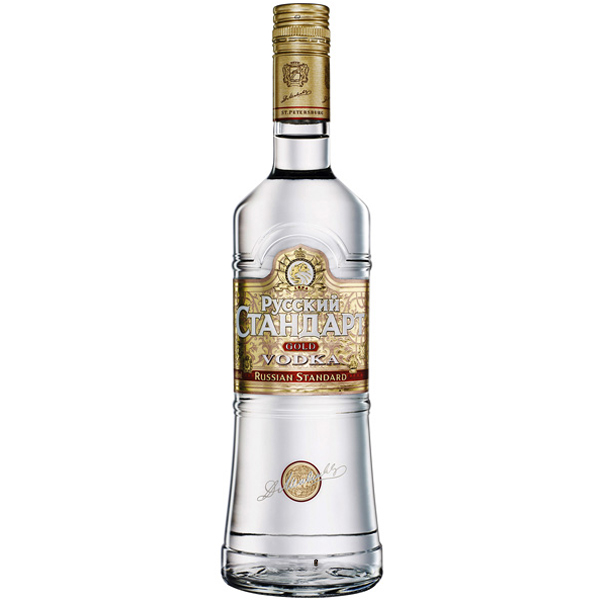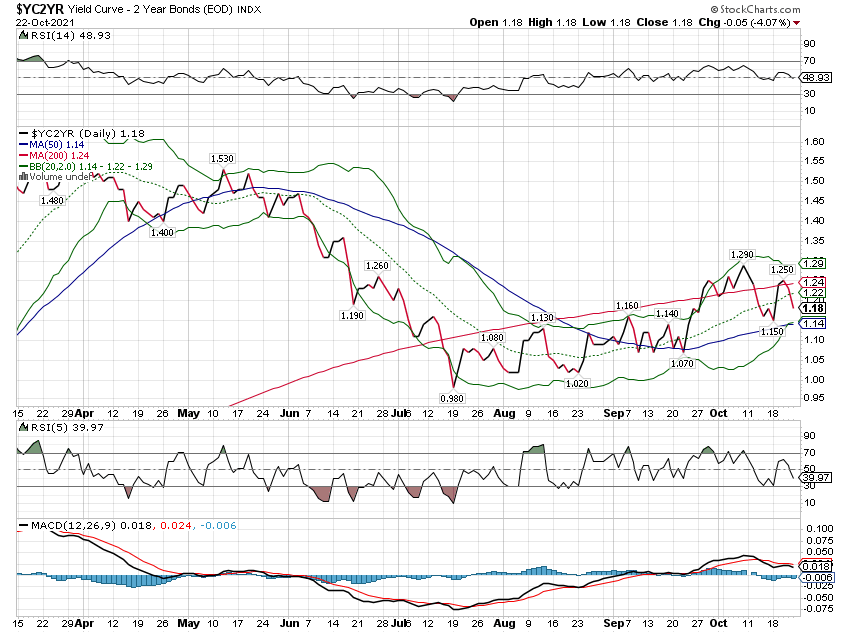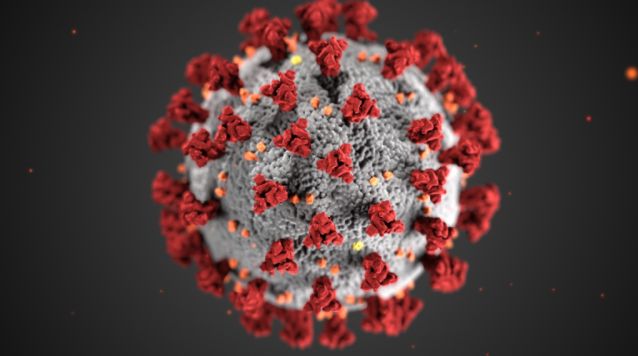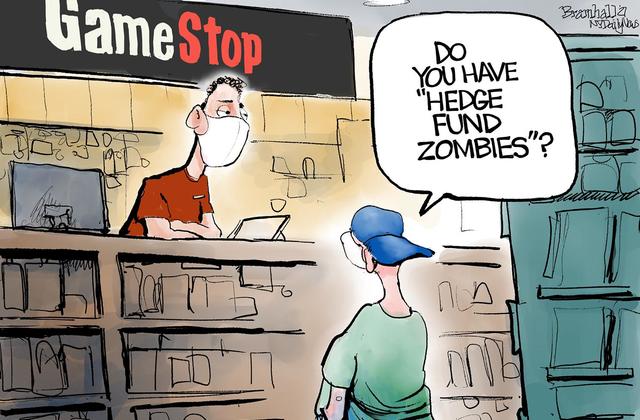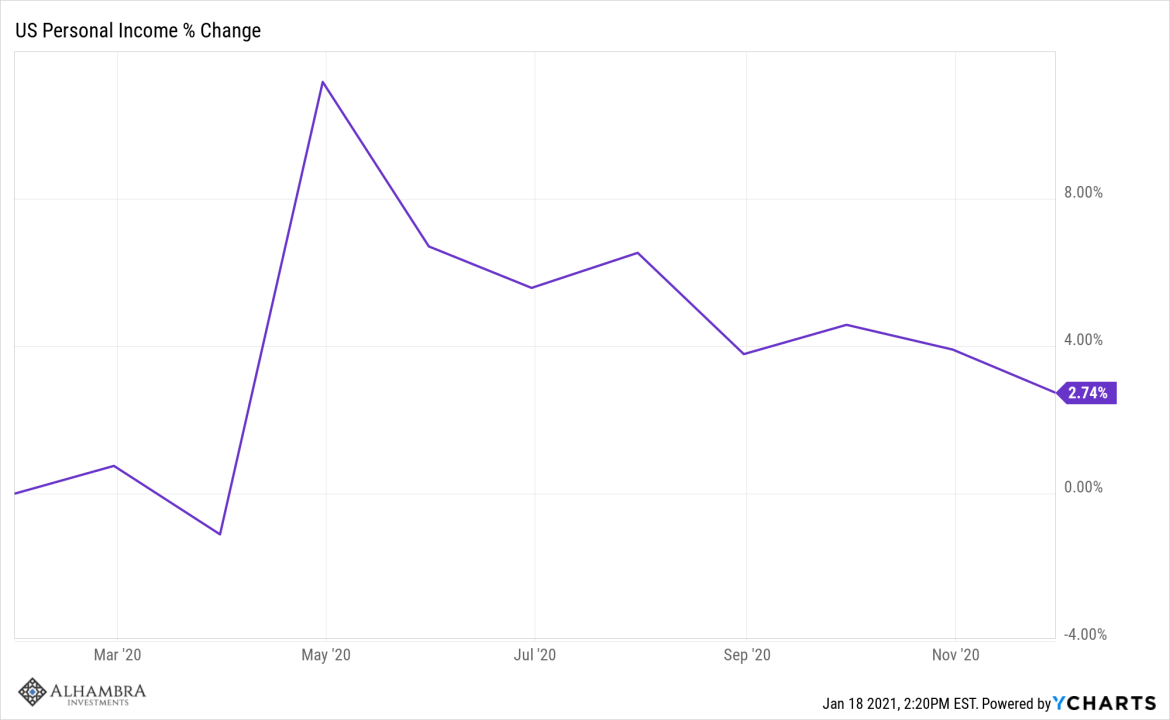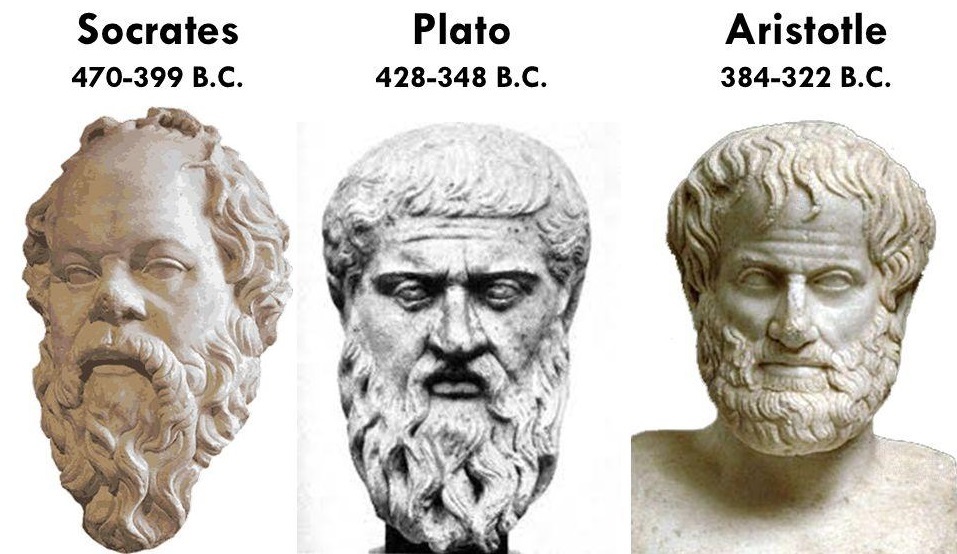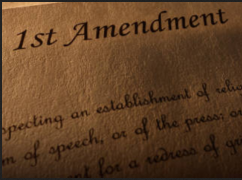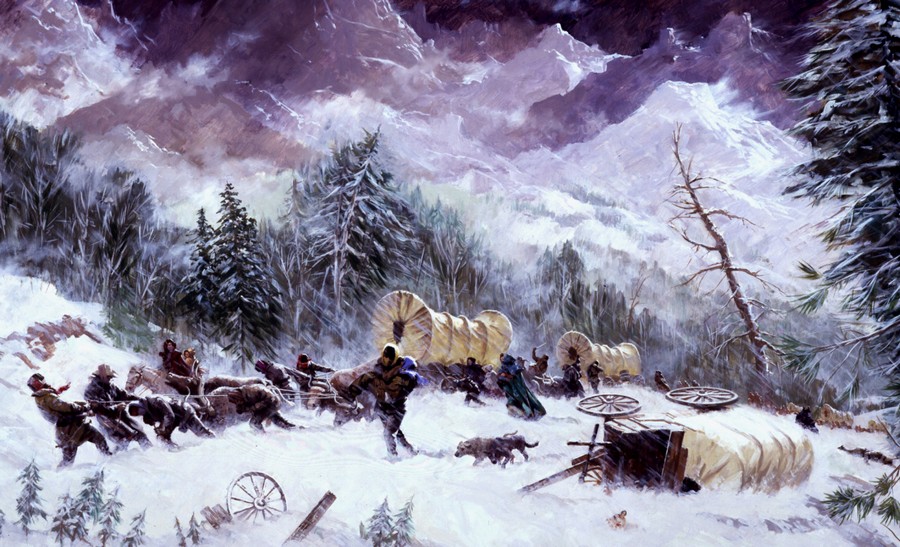Apples to Oranges
PARIS – The stock market seemed chilled last week, like a corpse waiting for an autopsy. Monday morning, gold was falling in Europe… as investors anticipate a higher dollar. But we’ll return to the markets, the dollar and the absurdities wrought by our money system, tomorrow. Today, we look at other perversions. America’s crime-fighting techniques were the subject of one of our recent Diary entries. Readers did not like our comparison of Dublin to Baltimore – not even tongue in cheek. |
 Apples to Oranges. PARIS – The stock market seemed chilled last week, like a corpse waiting for an autopsy. Monday morning, gold was falling in Europe… as investors anticipate a higher dollar. But we’ll return to the markets, the dollar and the absurdities wrought by our money system, tomorrow. - Click to enlarge |
“Apples to oranges,” said several. None said so directly, but we suspect some critics were thinking neither about apples nor about oranges, but about their own safety. Former Reagan advisor Pat Buchanan said in Suicide of a Superpower:
Buchanan continues:
And the overall crime picture in the U.S.:
|
 Apples to Oranges. PARIS – The stock market seemed chilled last week, like a corpse waiting for an autopsy. Monday morning, gold was falling in Europe… as investors anticipate a higher dollar. But we’ll return to the markets, the dollar and the absurdities wrought by our money system, tomorrow. - Click to enlarge |
Mr. FixitMr. Donald Trump has pledged to fix our problems. He claimed that he “alone” can do the job. It was a remarkable promise. “Ye shall not enter the kingdom of solutions but through me,” he asserted. Well, all right, Mr. Fixit, whaddy gonna do about this one? Erect a wall? What’s the use? The criminals are already here! |
 Apples to Oranges. PARIS – The stock market seemed chilled last week, like a corpse waiting for an autopsy. Monday morning, gold was falling in Europe… as investors anticipate a higher dollar. But we’ll return to the markets, the dollar and the absurdities wrought by our money system, tomorrow. - Click to enlarge |
| But wait. Are our dark-skinned, Afro- and Latin-American citizens inherently or genetically prone to criminality? Are those the rotten apples you can’t compare to Dublin’s light-skinned oranges?
As you know, dear reader, here at the Diary we are incurable optimists and cheerful romantics. But our soft steel heart was hammered hard by 10 years spent living in a predominately black ghetto in Baltimore (in which we got robbed twice and beaten up once by a gang of youths). In the Druid Hill area of Baltimore, especially in the summertime, police sirens sang to us every night. Occasionally, you’d hear the pop of a pistol, too, followed by the inevitable police car siren. We adapted to it so well; now, we can barely sleep without it. |
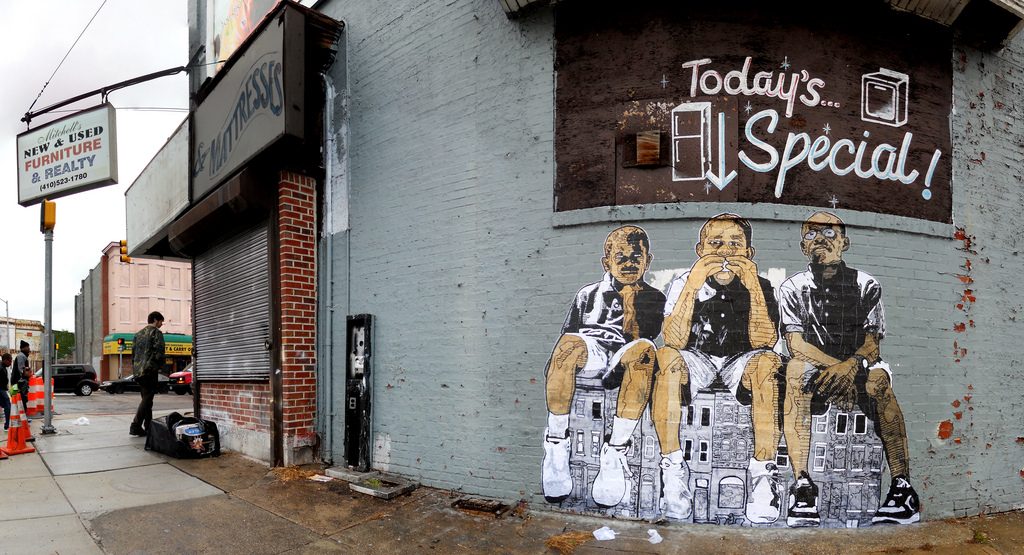 Apples to Oranges. PARIS – The stock market seemed chilled last week, like a corpse waiting for an autopsy. Monday morning, gold was falling in Europe… as investors anticipate a higher dollar. But we’ll return to the markets, the dollar and the absurdities wrought by our money system, tomorrow. - Click to enlarge |
| But there’s “more to the story.” People are neither always bad nor always good, but always subject to influence. The black community in Baltimore had adapted too – to living in a war zone.
The War on Poverty, announced in 1964 – along with minimum wage and labor protection laws, as well as the welfare system itself – attacked black families. It pulled the rug out from under black men, who couldn’t earn enough money to play their traditional role. Black women turned to government programs – such as Food Stamps, and Aid to Families with Dependent Children – for the support they needed. Housing, medicine, doctors’ visits, education, food – it no longer came from the efforts of a coherent family, but from the Great White Welfare System. Then came the War on Crime in 1965… and the subsequent growth of the prison industry… minimum sentences… helicopters… tanks… and get-tough-on-crime politicians. After all this, the War on Drugs, circa 1971, hit the Baltimore ghetto like the British air force at Dresden. |
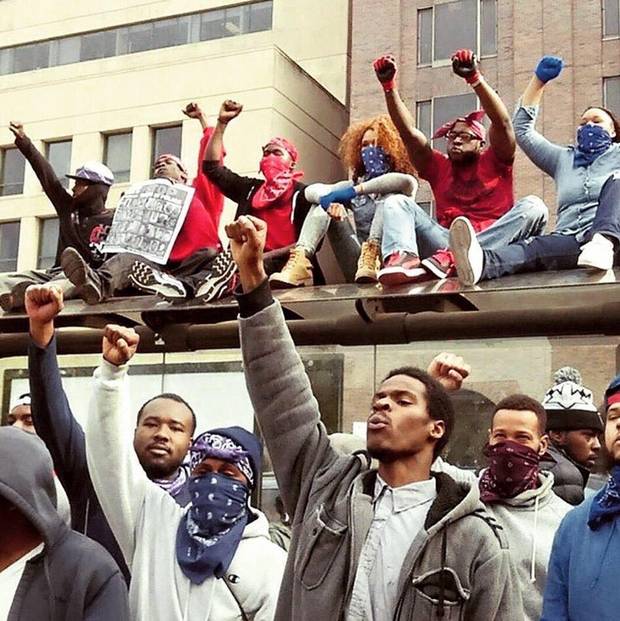 Apples to Oranges. PARIS – The stock market seemed chilled last week, like a corpse waiting for an autopsy. Monday morning, gold was falling in Europe… as investors anticipate a higher dollar. But we’ll return to the markets, the dollar and the absurdities wrought by our money system, tomorrow. - Click to enlarge |
In the GhettoIn the 1980s, we were renovating an old house in a bad neighborhood. Whenever we could, we hired local teenagers to help. Pookie, Lonzo, and a few others. They were nice and well-meaning. But they were completely unskilled and unreliable. They had no experience with tools of any sort. Nor had they any concept of punctuality, self-discipline, or forbearance. They had never lived with anyone who had to get up and go to work or save money. Thanks to the feds’ prohibition, profit margins on illegal drugs soared, making the trade irresistible. By the 1980s, young black men in our neighborhood were almost all involved, or affected, by drugs… and skirmishing regularly for control of important markets. Inevitably, they did some time in prison. Typically, they were permanently enrolled in the criminal underground before they were out of their teens. We left the ghetto 20 years ago; it was too dangerous to raise children there. We moved to Europe. Then, years later, we moved back to Baltimore and caught up with friends from the old “hood.” “What happened to the ‘boys’?” we asked. “The ones I kept up with are all dead,” said our source. “Murdered, drug overdoses. Pookie was the last of them. Good kid. And smart. His brother was in jail, but he went to community college. We tried to help him by giving him a little remedial tutoring. “I don’t know what happened. But he committed suicide last year.” |
 Apples to Oranges. PARIS – The stock market seemed chilled last week, like a corpse waiting for an autopsy. Monday morning, gold was falling in Europe… as investors anticipate a higher dollar. But we’ll return to the markets, the dollar and the absurdities wrought by our money system, tomorrow. - Click to enlarge |
Image captions by PT
The above article originally appeared at the Diary of a Rogue Economist, written for Bonner & Partners.
Full story here Are you the author? Previous post See more for Next post
Tags: Donald Trump,Helicopter Money,newslettersent,On Politics

























